- RFE, Requests for Evidence;
- Continuations to Request Evidence (N-14);
- NOID, Notices of Intent to Deny;
- NOIR, Notices of Intent to Revoke;
- NOIR, Notices of Intent to Rescind;
- Notices of Intent to Terminate regional centers; and
- Motions to Reopen an N-400 Pursuant to 8 CFR 335.5, Receipt of Derogatory Information After Grant.
- The form was filed up to 60 calendar days from the issuance of a decision we made; and
- We made that decision anytime from March 1, 2020, through Sept. 30, 2021
This flexibility applies to the above documents if the issuance date listed on the request, notice or decision is between March 1, 2020, and Sept. 30, 2021, inclusive.
Response Due Date:
USCIS will consider a response to the above requests and notices received within 60 calendar days after the response due date set in the request or notice before taking any action. Additionally, we will consider a Form N-336 or Form I-290B received up to 60 calendar days from the date of the decision before we take any action.
Briefly in Russian:
В связи с пандемией COVID-19, USCIS продлило срок для ответа на их запросы на 60 дней. Продление относится к запросам, датированным после 1 марта 2020 и по 30 сентября 2021.
See here.


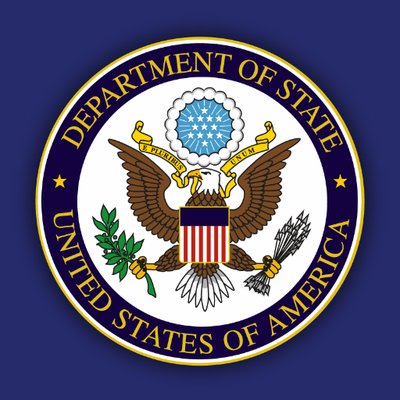





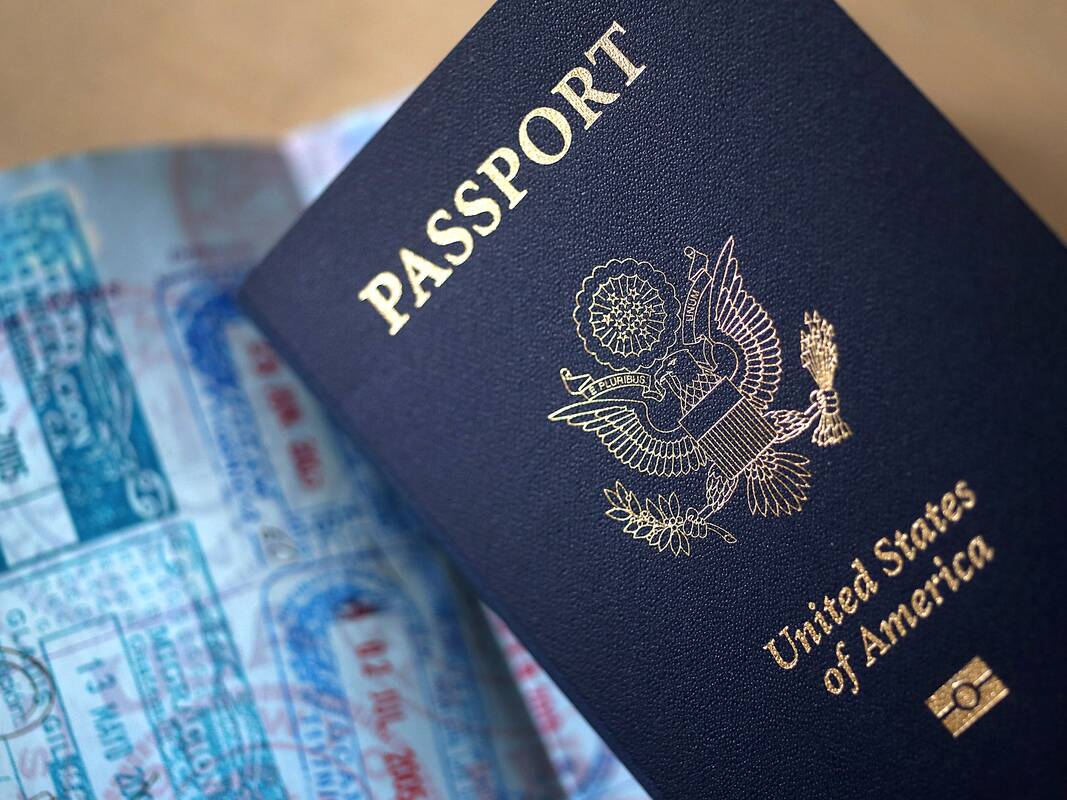

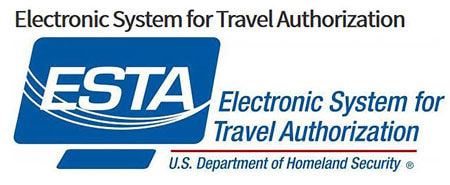
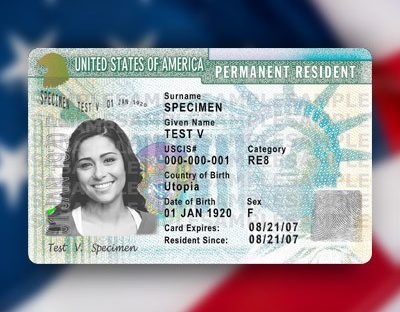


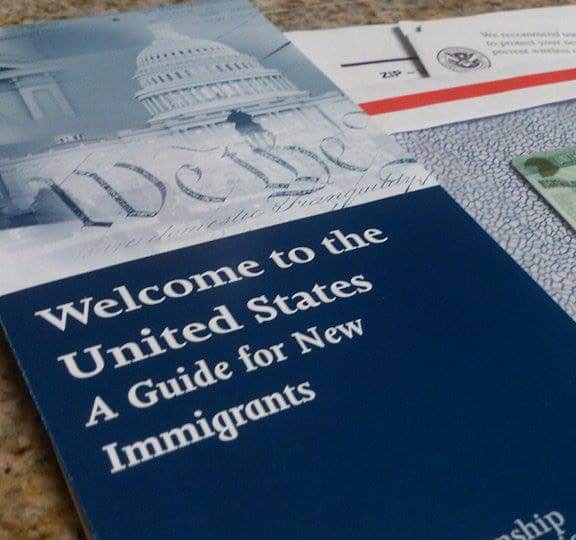
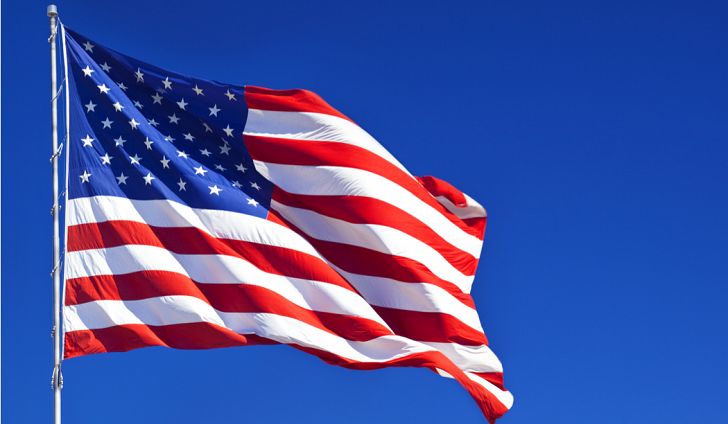

 RSS Feed
RSS Feed